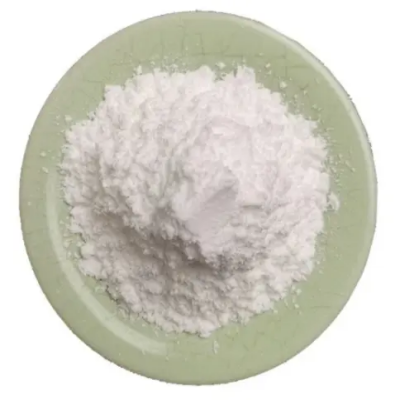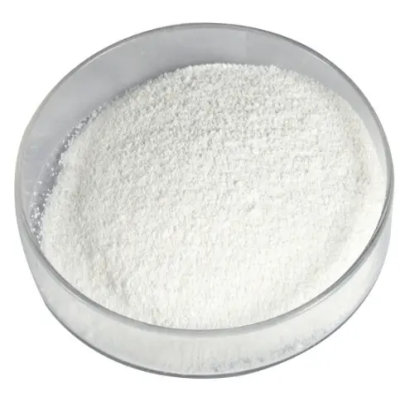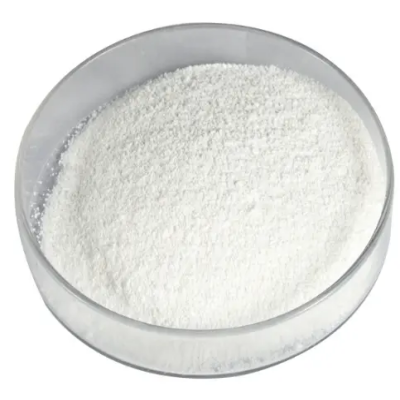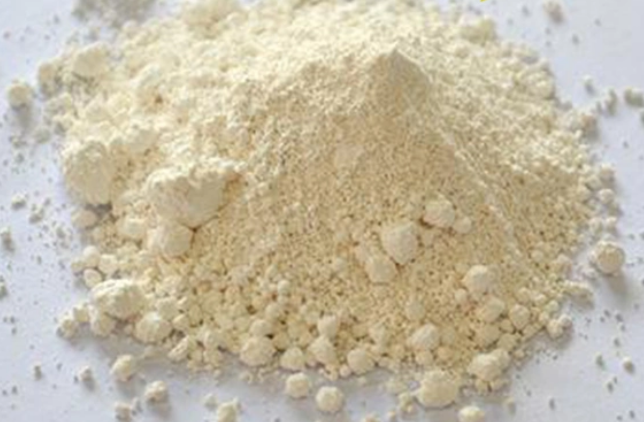1,4,7-Triazacyclononane trihydrochloride CAS:58966-93-1
In coordination chemistry, 1,4,7-Triazacyclononane trihydrochloride plays a crucial role as a chelating agent, forming stable coordination complexes with various metal ions. The cyclic nature of TACN allows it to encapsulate metal cations, influencing their reactivity and selectivity in chemical reactions. These metal-TACN complexes have been widely studied for their potential applications in catalysis, where they can serve as effective catalysts for organic transformations, including oxidation, hydroxylation, and carbon-carbon bond formation reactions. Additionally, TACN-based metal complexes are utilized in the design of functional materials and sensors, exploiting their unique properties in diverse fields such as environmental monitoring, biomedical imaging, and drug delivery systems. Moreover, TACN and its metal complexes find applications in bioinorganic chemistry, contributing to the understanding of metal ion coordination in biological systems and the development of metal-based pharmaceuticals. By synthesizing metal-TACN complexes, researchers can investigate the behavior of metal ions in biological environments, potentially leading to the discovery of new therapeutic agents or diagnostic tools. Additionally, TACN-derived metal complexes have been explored for their antimicrobial and anticancer properties, highlighting their potential in medicinal chemistry and biotechnology. The versatility of 1,4,7-Triazacyclononane trihydrochloride extends to materials science, where it is employed in the fabrication of functional materials with tailored properties. By incorporating TACN-based metal complexes into polymers, nanoparticles, or solid supports, researchers can engineer materials with enhanced catalytic, optical, or magnetic characteristics. These advanced materials have applications in areas such as heterogeneous catalysis, sensors, and electronic devices, contributing to the development of innovative technologies and sustainable processes. In conclusion, 1,4,7-Triazacyclononane trihydrochloride serves as a fundamental building block in coordination chemistry, catalysis, bioinorganic chemistry, and materials science. Its ability to form stable metal complexes and influence their reactivity makes it a valuable tool for designing functional materials, studying metal ion behavior in biological systems, and developing novel metal-based catalysts and pharmaceuticals. The diverse applications of TACN underscore its significance in advancing scientific research and technology across multiple disciplines. Continued exploration of its properties and potential uses is likely to yield further insights and contribute to the development of innovative materials and chemical processes.



| Composition | C6H18Cl3N3 |
| Assay | 99% |
| Appearance | white powder |
| CAS No. | 58966-93-1 |
| Packing | Small and bulk |
| Shelf Life | 2 years |
| Storage | Store in cool and dry area |
| Certification | ISO. |










![6-Chloro-3,4-dihydro-2H-benzo[b][1,4]oxazine hydrochloride CAS:1956310-17-0](https://cdn.globalso.com/xindaobiotech/HSUS81DS80Y35NTEZTU206.png)